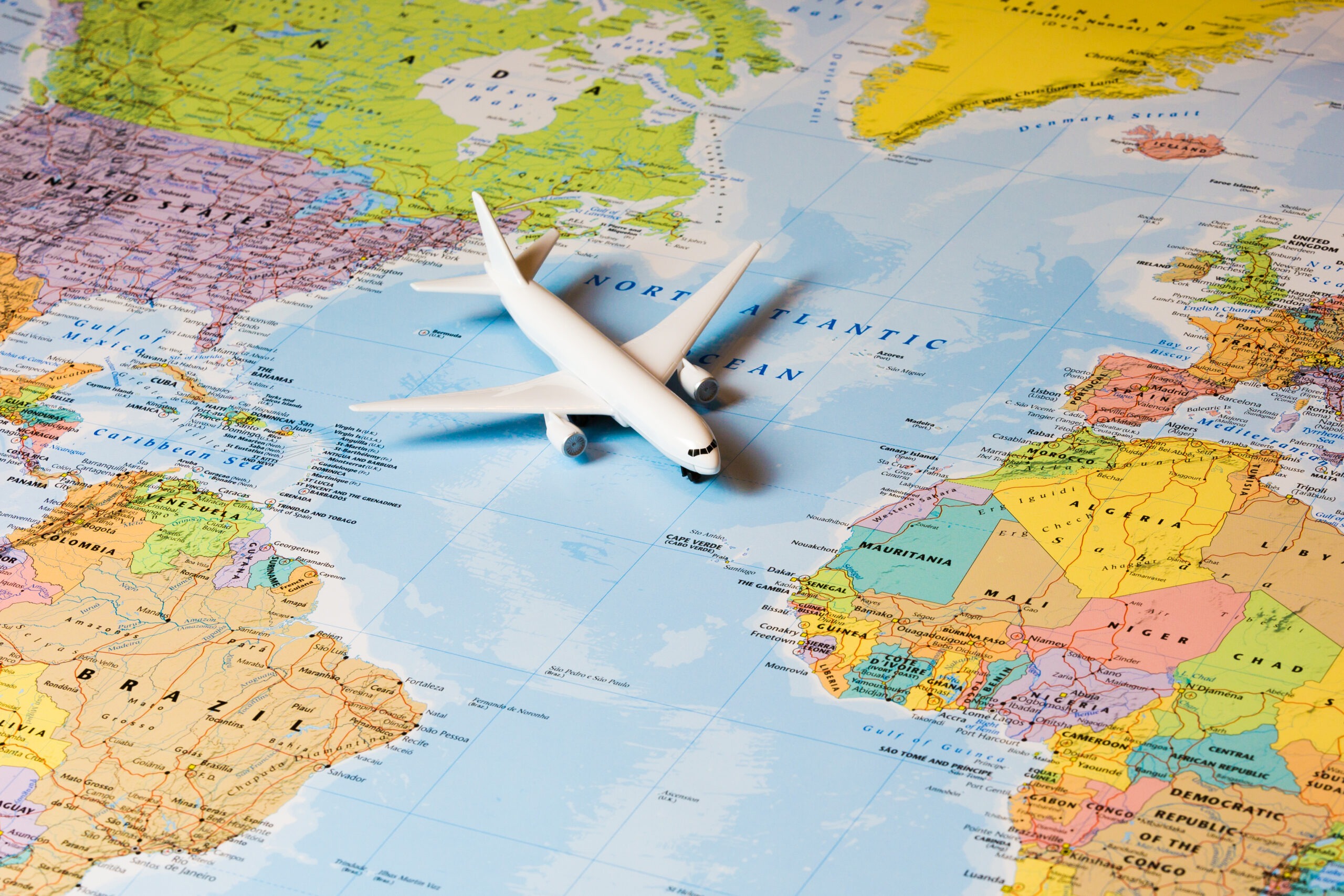Meeting professionals hold the reigns on an economic engine that drives more than $1 trillion in direct spending globally. It is time to act like it.
In-person events are the single most effective tool for advancing scientific and medical breakthroughs in addition to boosting human understanding and connectivity. We create an outsized GDP and jobs-for-the-investment made in the sector. That is an undeniable value proposition.
In a world that is moving faster than ever, with planning windows in some cases shrinking to weeks even for the largest programs, it is inexcusable that the wait for a visa from top trading partners averages more than 400 days. Visitors from countries such as Mexico, Brazil and India often wait for more than 700 days, making travel to the U.S. for FIFA World Cup matches in 2026 out of reach for those starting the process today.
We are competing for attendees in a world that is motivated and aggressive in courting our audiences. Studies from U.S. Travel show that the U.S. is the most desired destination in the world, but not the most visited because we make travel too difficult. Even if potential attendees can get clearance to come, the Department of Transportation has not given the green light for flights to return to pre-Covid levels, particularly out of Asia. The result is that air lift, if available, may be too expensive for corporate budgets.
How can meeting professionals optimize the power of education, consensus and coalition-building that events do so well if we can’t even get the key players in the country, let alone the room?
We have to stop putting up with the status quo, long lines and inefficiencies. Our customers are being treated as if they are the problem as they navigate a transportation system that is inconsistent at best and in too many cases hostile to the needs of those it serves.
We need to be less tolerant and more vocal about what could be done to improve the experience from door to door. That is the only way we will see change.
In addition to hiring more people to process the backlog of visas, we need a new approach to ensure the twin goals of access and security. U.S. Travel Association Executive Vice President of Public Affairs and Policy Tori Emerson Barnes puts it bluntly. “U.S. Travel urges Congress to consider other critical measures like the Visa Processing Improvement Act (S.2632) to modernize the entire visa process, particularly as the U.S. prepares for a decade of major international events.”
Other countries are leveraging the technology we in the U.S. are developing in facial recognition and AI to roll out the red carpet and make visitors feel welcome without sacrificing security. To continue delivering value in the foreseeable future, we have to wake up our policymakers now about the urgency of streamlining red tape.
The best way we know to do that is to tell stories. Click below to add your name to the unified call for improving the tools we use to deliver world-changing events. Tell us your reality about how you bring the globe together and what you need to do it more effectively. We will share a summary with policy and decision-makers beyond our industry to advocate for the change we need.
Thank you for joining us in this essential quest.
– The Smart Meetings Team
Sign Your Name and Share Your Story
Check back at this link as we continue to update this page with the resources you need to be effective, success stories from your peers and analysis of developments that will impact your future domestic and international programs.




